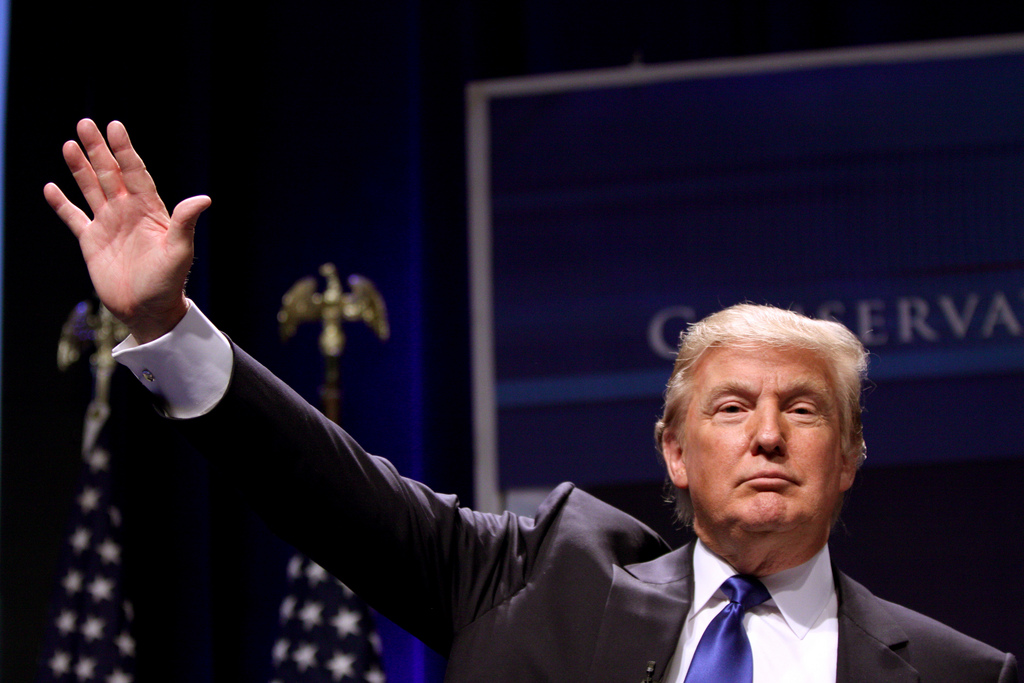The second post in the Evangelicalism After Trump series comes from my friend Steven Wedgeworth.
When I awoke Wednesday morning in Central Florida the sky was still dark and intermittent explosions of electricity filled the sky. Thunder boomed, as the palm trees bent and the rain poured. As I began to scroll through my social media feed, I quickly learned the cause of this cosmic disturbance: Donald Trump had won the Indiana primary, and Ted Cruz had dropped out of the race for Republican presidential nominee. The fate of our Republic was now sure, and thus the heavens were declaring the verdict. “Either there is a civil strife in heaven, or else the world, too saucy with the gods, incenses them to send destruction” (Julius Caesar Act 1, Scene 3). Now we poor Evangelicals are left to ponder our fate.
Perhaps things are not quite this melodramatic. Donald Trump, who is unlikely to defeat Hillary Clinton, is even more unlikely to be a worse all-around president than our previous ones, particularly the last two. It is also not clear that he would be significantly worse than Hillary, and so there is reason to adopt a more measured response. Yes, everything will be embarrassing and terrible, but it probably won’t be too different than it already is. Life will go on.
Login to read more
Sign in or create a free account to access Subscriber-only content.
Topics:
